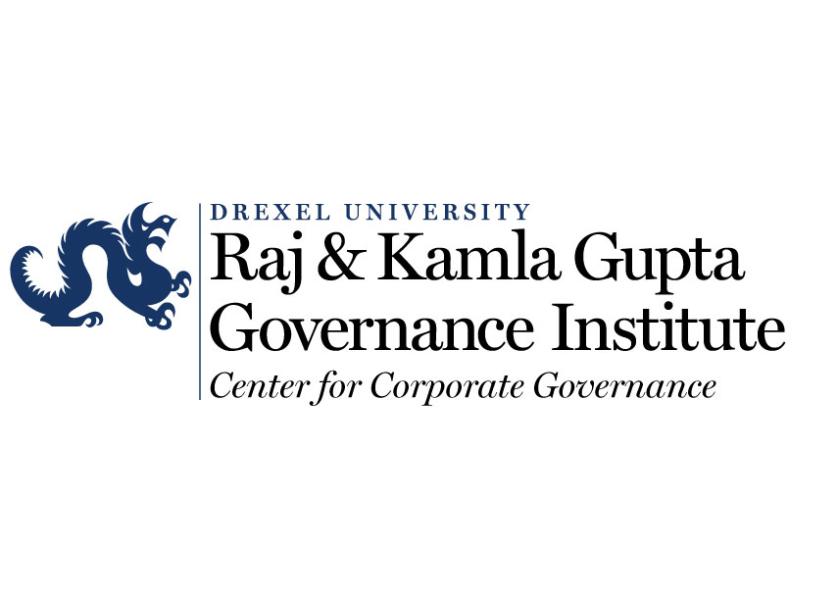
16th Annual Corporate Governance Academic Conference at Drexel University
ABOUT THE EVENT
The Raj & Kamla Gupta Governance Institute held its 16th Annual Corporate Governance Conference. Academics and Practitioners were invited to submit papers by December 21, 2022, to this annual, invitation-only conference in any area related to corporate governance, which includes (but is not restricted to) topics such as boards of directors, compensation, shareholder activism, mergers, debt as a form of governance, ESG-related issues, political influences on governance, etc.
The Raj & Kamla Governance Institute at Drexel University hosted the conference in collaboration with the European Corporate Governance Institute (ECGI). The conference highlighted the profound research by top professors around the world on issues related to corporate governance and the boardroom.
Location:
The conference was held on Friday, April 14 2023 at Drexel University LeBow College of Business, Gerri C. LeBow Hall, 722 (7th floor), 3220 Market Street, Philadelphia, with a pre-conference dinner on Thursday, April 13 2023, at the La Viola Restaurant, Philadelphia. (253 S 16th St, Philadelphia, PA 19102, US)
Contact Mirela Hima, assistant director, Raj & Kamla Gupta Governance Institute, for any queries: mh3229@drexel.edu.
Corporate Governance Center Fellows, who serve as the program committee, are:
- Renee Adams
- Jeffrey Coles
- Diane Del Guercio
- David Denis
- Laura Field
- Nick Gantchev
- Todd Gormley
- Tom Griffin
- Jarrad Harford
- Peter Iliev
- Wei Jiang
- Dalida Kadyrzhanova
- Jonathan Karpoff
- Nadya Malenko
- Kevin Murphy
- Lalitha Naveen
- Micah Officer
- Gordon Phillips
- Anil Shivdasani
- Anh Tran
- Michael S. Weisbach
- Jared Wilson
- Tracie Woidtke
- Yuhai Xuan
- Ke Yang
- David L. Yermack




































